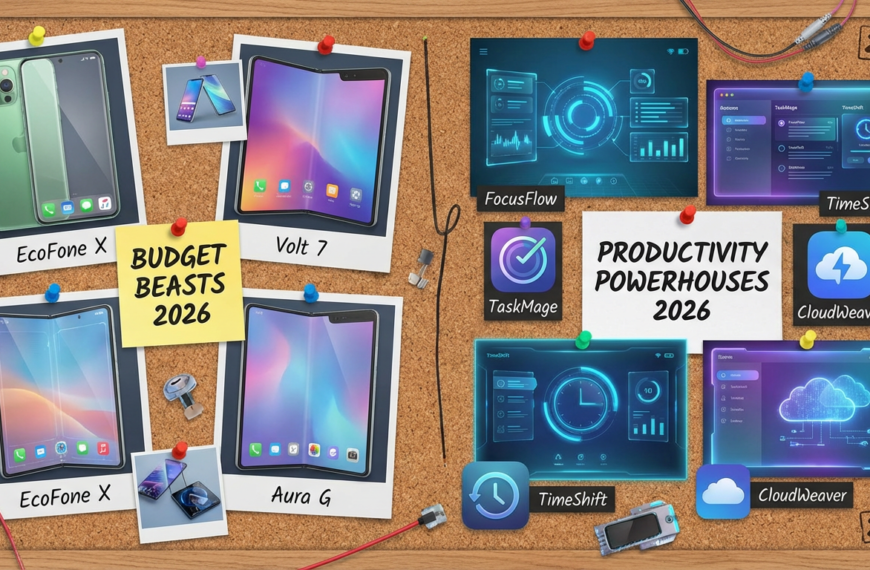2024 SaaS Pricing Trends: What You Need to Know

Introduction: The SaaS Pricing Landscape
In the rapidly evolving world of Software as a Service (SaaS), pricing strategies are more crucial than ever. As the market is projected to reach a staggering $300 billion by 2025, companies must adapt to stay competitive. This blog explores the latest trends in SaaS pricing, the factors driving these changes, and what the future holds for businesses looking to optimize their pricing models.
Current Trends in SaaS Pricing Models

The SaaS industry is witnessing a significant shift towards subscription-based and usage-based pricing models. These models offer flexibility and scalability, making them attractive to both providers and consumers. Notably, inflation rates in SaaS categories are on the rise, with sales and productivity software leading at 11.4% and 11.3%, respectively. This trend underscores the need for businesses to reassess their pricing strategies to maintain profitability.
Factors Influencing Pricing Trends

Several factors are influencing the current pricing trends in the SaaS market. Economic pressures and rising operational costs are prompting companies to reevaluate their pricing strategies. Additionally, the integration of AI and the growing demand for personalized customer experiences are reshaping pricing models. These elements are driving companies to innovate and offer more tailored solutions to meet customer needs.
Predictions for Future Pricing Strategies

Looking ahead, the rise of vertical SaaS and low-code platforms is expected to significantly influence pricing structures. Companies are likely to adopt hybrid pricing models that combine subscription and usage-based elements to enhance flexibility and customer satisfaction. This shift will enable businesses to cater to diverse customer needs while optimizing revenue streams.
Case Studies of Successful Pricing Strategies

Several companies have successfully implemented new pricing strategies to adapt to market changes. LinkedIn, for instance, increased its pricing for the Career Pages package, while Zendesk raised user costs. These changes have not only helped these companies maintain profitability but also improved customer retention and revenue growth. These case studies highlight the importance of strategic pricing in achieving business success.
Challenges and Opportunities in Adopting New Pricing Models

Transitioning to new pricing models presents several challenges, including high churn rates and market saturation. However, these challenges also present opportunities for innovation and differentiation. By focusing on customer success and value delivery, companies can develop innovative pricing strategies that set them apart in a competitive market.
Conclusion
In conclusion, the SaaS pricing landscape is undergoing significant changes, driven by market dynamics, technological advancements, and evolving customer expectations. As businesses navigate these changes, it’s crucial to evaluate and adapt their pricing strategies to remain competitive. By embracing innovative pricing models and focusing on customer success, companies can unlock new opportunities for growth and profitability.
SEO Strategy
- Primary Keyword: SaaS pricing trends 2024
- Secondary Keywords: SaaS pricing models, subscription pricing, usage-based pricing, SaaS market growth, AI in SaaS pricing
- Meta Description: Discover the latest 2024 SaaS pricing trends, including subscription and usage-based models, and learn how to adapt your strategy for success.
- Suggested Image Alt Text: Futuristic representation of SaaS pricing trends with digital graphs and charts.
Categories
- Buying Guides & Tips (ID: 16)
- Latest 2025 (ID: 14)
- Trending Insights (ID: 10)


 By
By










